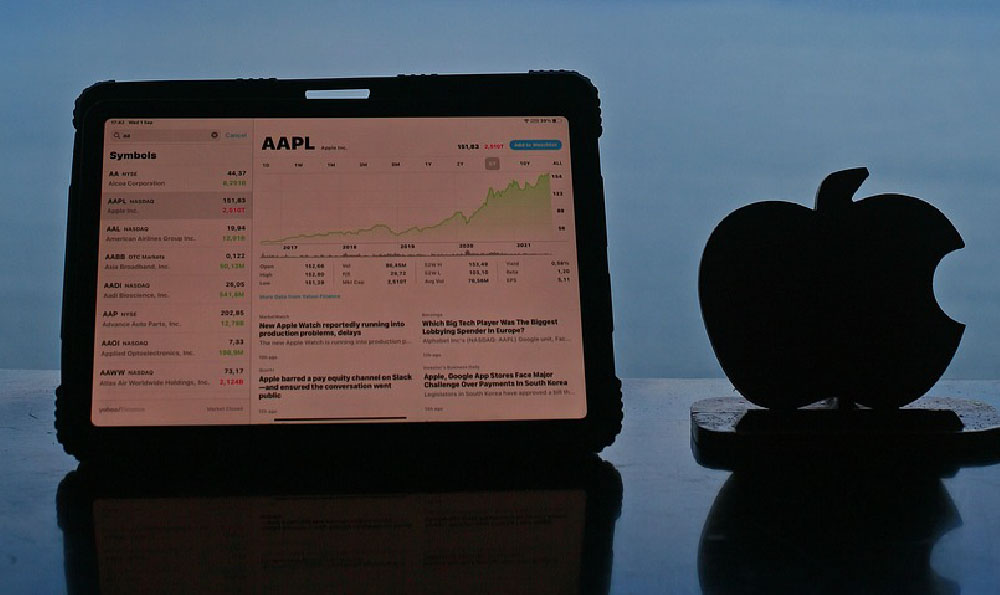Here's an article based on the provided title, aiming to be informative, engaging, and comprehensive, exceeding 800 words:
Are Pokemon cards profitable? The query echoes through online forums, card shops, and even casual conversations amongst parents whose children have suddenly become fervent collectors. The simple answer is: sometimes. The nuanced answer, however, delves into market trends, card conditions, rarity, and the crucial understanding that Pokemon card collecting and selling, while potentially lucrative, also involves risk, research, and a healthy dose of patience.
The Pokemon Trading Card Game (TCG) has experienced multiple booms and busts since its inception in the late 1990s. Nostalgia plays a significant role. Those who grew up with the original generation of Pokemon often find themselves willing to pay considerable sums for cards they remember fondly, or those they longed for as children. This wave of nostalgia, coupled with the rise of social media and live streaming, has fueled a resurgence in Pokemon card collecting, driving up prices for certain cards to astonishing levels. Think vintage Charizards selling for hundreds of thousands of dollars.

However, not all Pokemon cards are created equal. The vast majority of cards, particularly those from more recent sets, are not particularly valuable. They're produced in massive quantities, meaning scarcity is not a factor. The value is heavily concentrated in specific cards: rare holographic cards, full art cards, secret rare cards, and those with unique errors or misprints. Within these categories, certain Pokemon are more desirable than others. Charizard, predictably, consistently commands high prices, followed by other popular Pokemon like Pikachu, Blastoise, and Venusaur, especially if they’re from the original base set or possess unique characteristics.
So, how can you actually make money selling Pokemon cards? The path to profitability is multi-faceted.
First, knowledge is paramount. You must understand the market. This means tracking prices on reputable online marketplaces like eBay and TCGplayer. Watch auction histories to see what cards are actually selling for, not just what people are asking. Familiarize yourself with the different sets, the printing dates, and the characteristics that make a card valuable. There are numerous online resources, including dedicated websites and YouTube channels, that provide detailed information on Pokemon card values and market trends. Ignoring this aspect is akin to gambling; success requires informed decisions.
Second, card condition is critical. The condition of a card is graded on a scale, typically from Poor to Mint. Even a seemingly minor flaw, like a slightly rounded corner or a tiny scratch, can significantly reduce a card's value. Professional grading services, such as PSA (Professional Sports Authenticator) and Beckett Grading Services (BGS), provide an objective assessment of a card's condition. A card graded a PSA 10 (Gem Mint) will command a significantly higher price than the same card in a lower grade. However, grading is not free. The cost of grading can be substantial, particularly for expensive cards, and there's no guarantee that a card will receive the desired grade. Thus, assessing a card's potential grade before submitting it is essential.
Third, acquisition strategy matters. Buying sealed product (booster boxes, packs, etc.) can be risky. While the potential for pulling a valuable card exists, the odds are generally not in your favor. Think of it as buying lottery tickets; most packs contain common and uncommon cards. A more targeted approach involves buying individual cards that you believe are undervalued or have the potential to appreciate in value. This requires patience and a willingness to research and analyze market trends. Consider focusing on specific sets or Pokemon, becoming an expert in that niche. This specialization can give you an edge in identifying undervalued cards and predicting future price movements.
Fourth, patience is key. The Pokemon card market can be volatile. Prices fluctuate based on a variety of factors, including new set releases, changes in the Pokemon video game meta, and even social media trends. Don't expect to get rich overnight. Building a valuable collection and selling cards for a profit takes time, effort, and a willingness to hold onto cards until the market is favorable. Impulsive buying and selling are common pitfalls that can lead to losses.
Fifth, consider diversifying your strategy. Don't put all your eggs in one basket. While focusing on specific sets or Pokemon can be beneficial, it's also wise to diversify your holdings to mitigate risk. This could involve investing in cards from different eras or focusing on different types of cards (e.g., graded cards, sealed product, promotional cards). Furthermore, explore different sales channels. While eBay and TCGplayer are popular options, consider local card shops, conventions, and online communities. Each channel has its own advantages and disadvantages, so experiment to find what works best for you.
Sixth, be aware of scams and counterfeit cards. Unfortunately, the popularity of Pokemon cards has also attracted scammers. Fake cards are becoming increasingly sophisticated, making it difficult to distinguish them from genuine cards. Always buy from reputable sellers and carefully inspect cards before purchasing them. Be wary of deals that seem too good to be true; they often are. Familiarize yourself with the characteristics of genuine cards and learn how to spot fakes.
Finally, remember that the Pokemon TCG is, at its heart, a game. While the potential for profit exists, it's important to approach collecting and selling with a sense of enjoyment. If you're not having fun, the financial rewards may not be worth the effort. If you treat it like a hobby, you will appreciate that even if you don't make a fortune you will have something to show for it.
In conclusion, the profitability of Pokemon cards is a complex question with no easy answer. Making money selling them requires knowledge, research, patience, and a willingness to take risks. While there are stories of people making significant profits, there are also many who have lost money. Treat it as an investment, not a get-rich-quick scheme, and approach it with a balanced perspective. The rewards are there, but they require diligent effort and a genuine passion for the Pokemon TCG.










